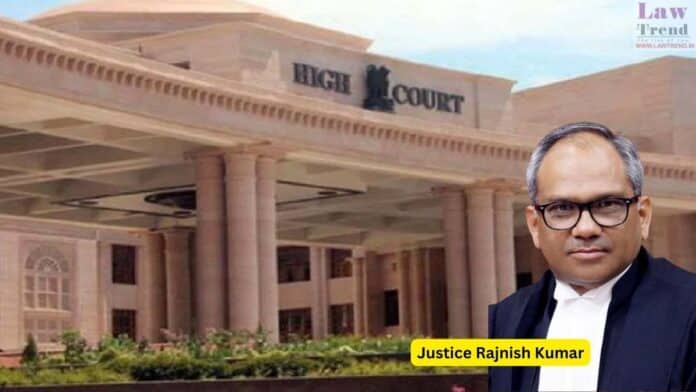The Allahabad High Court, Lucknow Bench, has ruled that a Family Court cannot award maintenance to an adult, unmarried daughter under Section 20(3) of the Hindu Adoptions and Maintenance Act, 1956 (HAMA) while adjudicating an application filed under Section 125 of the Code of Criminal Procedure, 1973 (CrPC). The court, presided over by Justice Rajnish
To Read More Please Subscribe to VIP Membership for Unlimited Access to All the Articles, Download Available Copies of Judgments/Order, Acess to Central/State Bare Acts, Advertisement Free Content, Access to More than 4000 Legal Drafts( Readymade Editable Formats of Suits, Petitions, Writs, Legal Notices, Divorce Petitions, 138 Notices, Bail Applications etc.) in Hindi and English.




